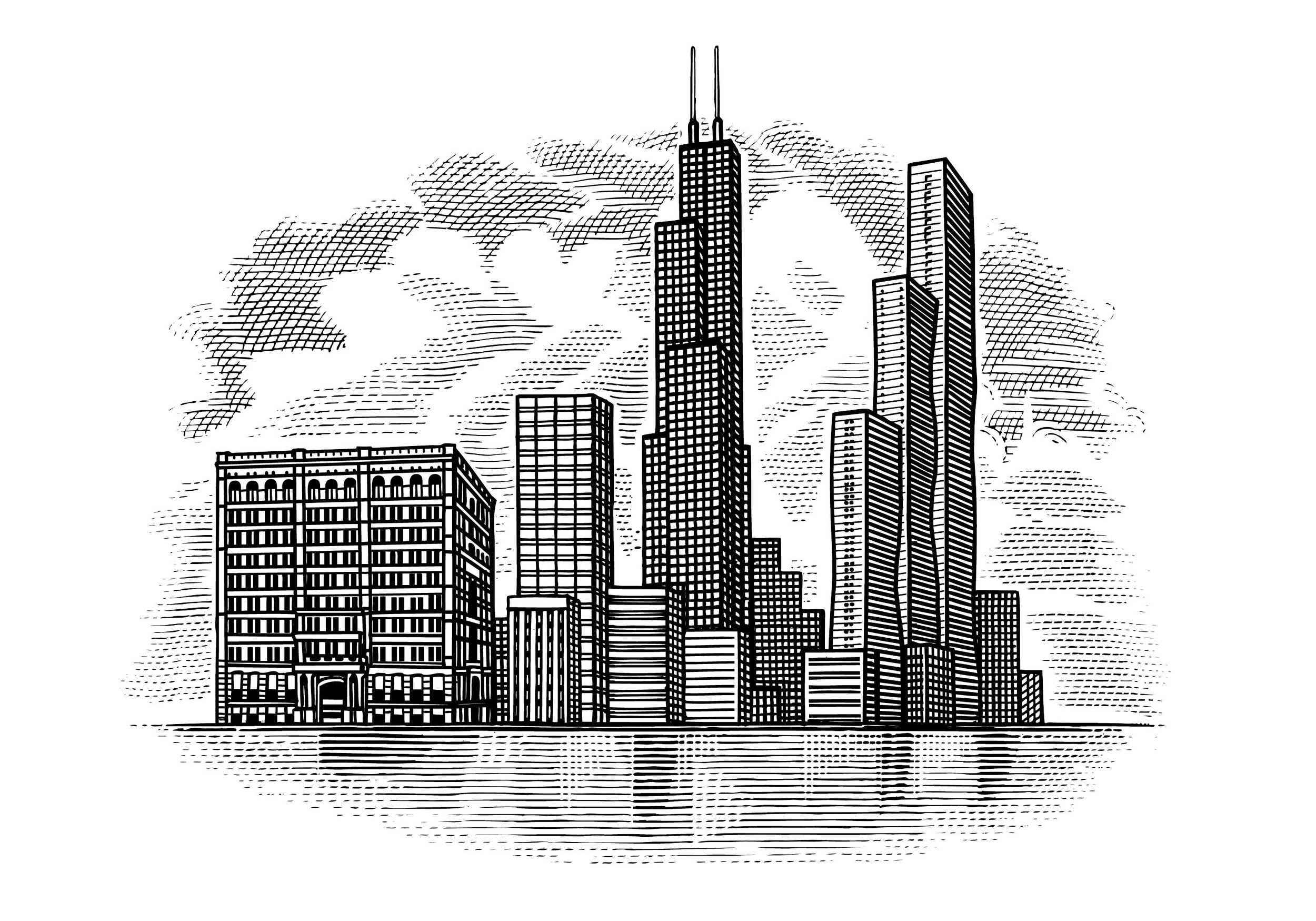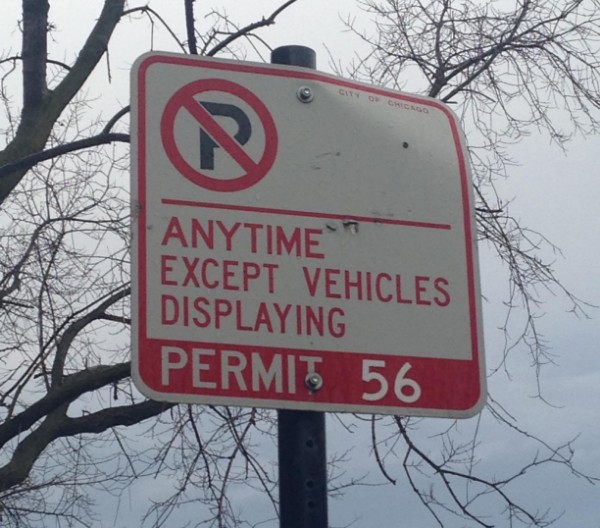Residential Parking Permits Need Reform
Have you ever taken your car out on a Saturday night — maybe visiting friends or family in the suburbs, or going somewhere in the city inaccessible by public transit — and the time spent looking for parking afterwords is almost as long as the drive itself? Have you ever spent 20 minutes looking for a spot? 45 minutes? An hour?
According to former City Clerk and current mayoral candidate Susana Mendoza, approximately 20 percent of the city is covered by residential zone parking. There are 1,429 zones in the city, and within those zones can be smaller zones with their own rules. New residents and guests of residents alike can easily become trapped in a maze of zones, rules, and inconsistent parking enforcement.
In a city like Chicago, which thinks of itself as neighborhoods first and the grid second, residential zones were meant to protect residents and deter neighborhood outsiders from sucking up limited streetspace during peak times (this is why most zones forbid overnight parking by nonresidents). In some places this seems to make sense, like around Wrigley Field, Sox Park, or other large scale attractions buried away from downtown. Residents who live there shouldn’t have to compete with event traffic for parking. But in other areas the system seems to break down. What is the benefit, for example, of protecting a few random streets around Marquette Park, or literally one block of Balmoral near the southern tip of Rosehill Cemetery? Are nonresidents really pouring in at such high rates that the zone permit wagons must be circled?
But those random areas, as senseless and out of place as they seem, probably work better in practice exactly because there is no competition for those spots. The fact is, in densely populated areas of the city, looking for parking is more often than not an exercise in futility and frustration than productivity. In those areas — Lincoln Park and Lakeview come to mind immediately — where the competition for parking is fierce, the zone permit system is totally and completely inoperable. On the one hand, some zones are so expansive they cease to matter; everyone looking for parking will probably be able to find a spot. On the other hand, some are so dense that the purpose of a residential permit is undermined; spaces are so limited that no one will find a spot.
Take Zone 143, for example. It stretches from Sheridan/Stockton in the east to the North Branch of the river in the west, and from Diversey in the north to North Avenue in the south. In all, that’s a little over two square miles of land in one of the most densely populated areas of the city, all of it covered by one zone. But if the point of zone parking is to prioritize residents, how exactly does that work when it covers such a large area and thousands of people? How does a resident at one end of Zone 143 benefit from open spots on the other side?
Perhaps a better solution would be to devise a zone system block-by-block or street-by-street, breaking down the large zones into areas that residents can actually take advantage of, like that random area on Balmoral. If, after all, residential permit parking works best when there is no competition for parking, then the city could create those conditions by matching supply (street space) with demand (residents) on the most micro-level possible. If you live on Seminary and Dickens, for example, your zone should be different than the zone for someone who lives on St. James Place and Clark. A system like that would reflect the needs of residents much more accurately than the current one. Mendoza herself seems to agree, and she said as much in 2016 when she presented her office’s budget to the City Council. “In congested neighborhoods, there are often more cars on a block than there are spots,” she said at the time. "I think it creates more headaches, not just for the aldermen but for constituents," she said.
Of course, Chicago could also go another route: the city could ditch residential permit parking completely, and free up the streets for everyone and anyone with a vehicle. Either way, the current system isn’t tenable, and with the mayoral and City Council elections just weeks away, residential parking permit reform deserves to be on the table.
View a map of Chicago’s residential permit zones here.

